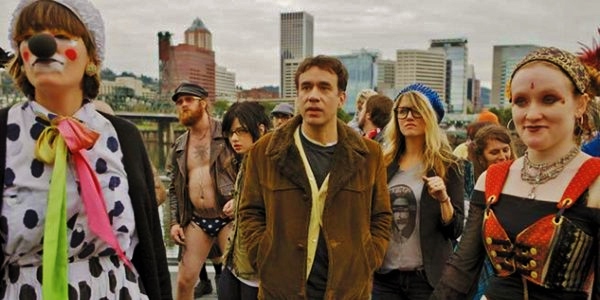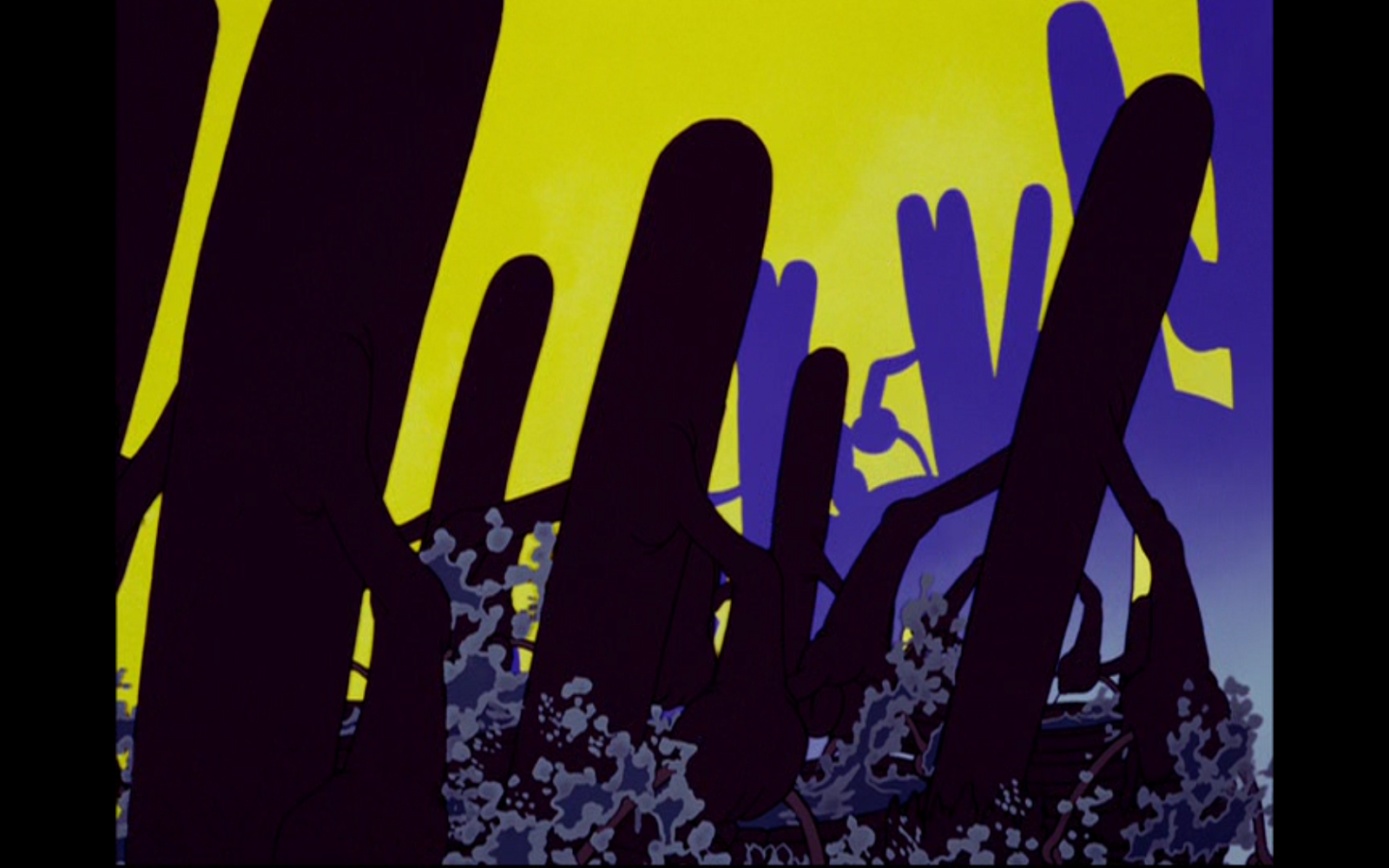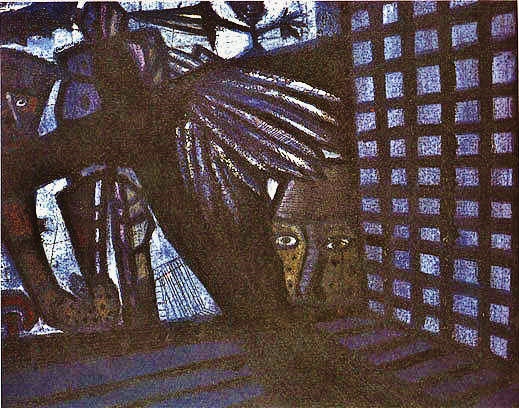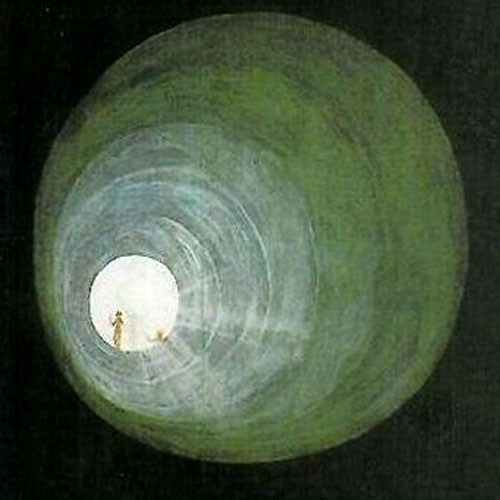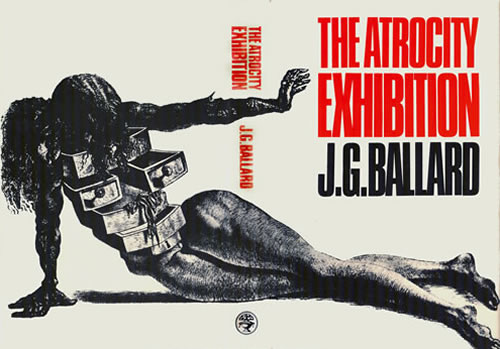This awful cult of talentless hipsters has its Mecca in Los Angeles, according to Will Self. He asserts his generation took the avant-garde and turned it into a successful rearguard action by the flying columns of capitalism’s blitzkrieg. What to make of the commodification and democratization of culture, and where to go from here?
Literary
Charles Bukowski: Madness is Never Ordinary
“In my work, as a writer, I only photograph, in words, what I see. If I write of “sadism” it is because it exists, I didn’t invent it, and if some terrible act occurs in my work it is because such things happen in our lives. I am not on the side of evil, if such a thing as evil abounds.” — Charles Bukowski
Goethe’s “Sorcerer’s Apprentice”: Power Over Wisdom
“The Sorcerer’s Apprentice,” an ages-old fairy tale interpreted as a poem by Goethe, made famous today by Disney’s “Fantasia,” illustrated the dangers of power over wisdom, and the risk of human creations getting out of control.
Gabriel García Márquez on Latin American Dictatorship and Liberation
We celebrate the late Colombian magical realist Gabriel García Marquez, exploring some of the highlights from his Nobel Prized Literary career.
Jorge Luis Borges: On Literary Magic and Garden Labyrinths
Jorge Luis Borges forged into the realm of literary magic, he led his readers down through the Garden of Forking Paths, wandering the red and tranquil labyrinths in Elegy, growing old in so many mirrors, seeking in vain the marble gaze of statues, compiling regrets of a fantastic nature. Watch the BBC profile on him as an elder of strange destiny who had seen nothing, or almost nothing, but the face of a girl from Buenos Aires, a face that does not want you to remember it.
J. G. Ballard: Atrocity Exhibition and the Modernist Motorcar Dystopia
“The Atrocity Exhibition” is J.G. Ballard’s instruction manual in how to disrupt mass media and recontextualize technology in a dystopian landscape overrun with industrial waste and technological white noise. Watch the piece on Ballard and the Motorcar, that careens across the landscape of his controversial novel, “Crash.”
Henry Miller’s Free Association into the Surreal
In 1934, Henry Miller, then aged forty-two and living in Paris, published his first book. In 1961, finally distributed in his native land the book promptly became a best-seller and a cause célèbre. By now, the “controversies” dominate his legacy, including issues of censorship, obscenity, misogyny and anti-Semitism, clouding the import of Henry Miller’s words. “Tropic of Cancer” broke literary ground, mixing novelistic forms with autobiography, social criticism, philosophical reflection, and surrealist free association.

